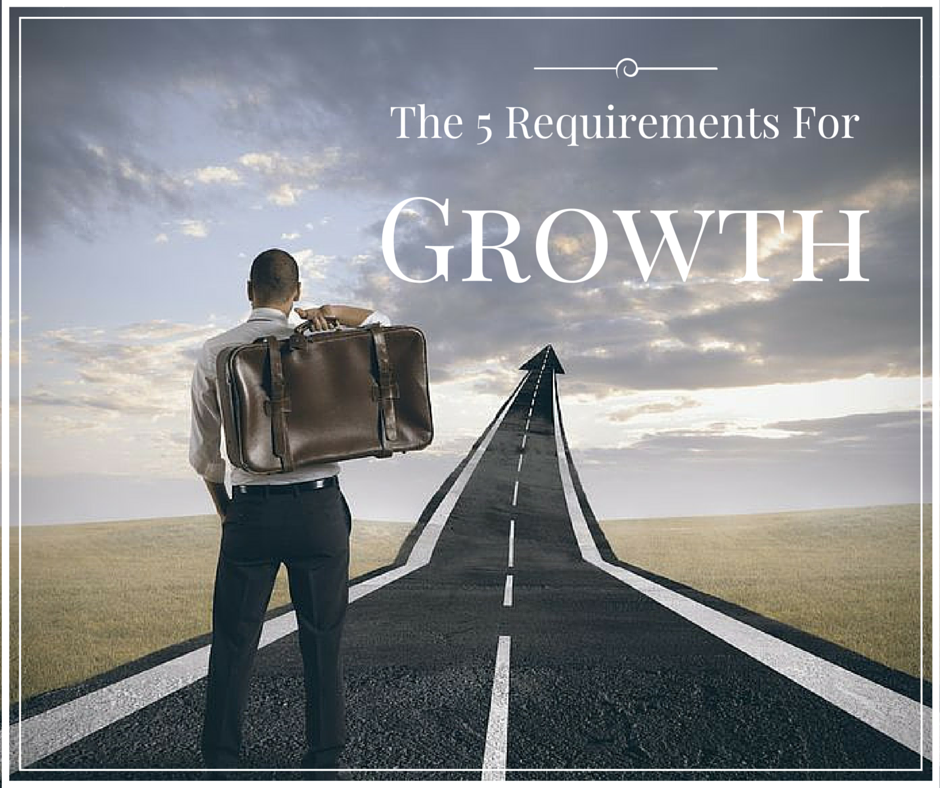This blog is about achieving on purpose. I assume that if you are reading this, you want to achieve more than you have to this point. Reaching new heights – taking your business to a place it has yet to go – requires one thing. Change.

I was in Phoenix and called home to talk to the family. When my wife answered the phone, she said, “Your son wants to talk to you.” My automatic thought was, “Uh oh.”
My 13-year-old got on the phone and told me he doesn’t want to play baseball anymore. He wants to focus on basketball. I was initially disappointed because the kid can play some baseball. His love is for basketball, however. And he is already pretty good.
When I got home, we met in my home office. If he was going to focus on basketball, let’s make a plan so he can achieve his goals.
The problem was he didn’t have any goals. So these are the three goals he came up with:
- Start varsity as a freshman
- Be the best ball-handler in the state as a senior
- Earn a Division I scholarship
If he is going to accomplish those goals, he has to change. He has to change his habits. He has to change how he spends his time. He has to change how he works and practices.
So for the last couple of months, he is going with me to the gym in the morning before school 2-3 times a week. We get up at 5:20 and spend one hour working on ball handling and shooting drills.
Just like my son, if you want to achieve growth in your business or life, you are going to have to change to make that happen.
You can achieve that growth if you understand these 5 requirements of change.
- Change requires pain – Growth is not for sissies. It hurts. You have to do things differently. Learning to change your thinking takes work and mental energy. Building muscles means tearing them down and building them back up. I love the Marine quote – “Pain is weakness leaving the body.” That is true of your business as well.
- Change requires new habits – You want new and better results? You have to change your habits. You might want to construct a morning routine that sets up your day for success. You might need to improve your time management system to get more done in less time. You might need to get healthy to have the energy to give your best all day long. All of this requires pain and new habits.
- Change requires a plan – My son committed to one hour of practice a day to achieve his goals. He doesn’t just have goals. He has a tactical, daily plan that will get him there. You need the same. Can you break your goals down to a daily plan that will lead to success?
- Change requires accountability – My son has me. I wake him up to hit the gym before school. I ask him if he’s done his hour of drills that day. Who have you shared your goals and plans with? Who is asking you the hard questions and keeping you accountable? Who is your coach?
- Change requires connecting with your why – Why are you doing all of this? Why do you want to achieve more or grow your business? Your why is never the money, by the way. Your why is the deeper purpose of what you can do or be if you achieve. You will hit a plateau or just feel tired of the work involved to change. When you do, connecting with your why is what will allow you to push through and keep growing.
If you want to grow your company then you need to become more valuable. This requires change. I challenge you to define your goals, create your plan, and commit to the change necessary to achieve – on purpose.
Your Next Step: We’ve created a free report at the Massimo Group for the 7 Success Secrets of Market Leaders. One key of achieving success is becoming a student of what is working for others. If you want to see what the most successful brokers in CRE are doing, then click the button below. You can leave a comment by clicking here.
Download FREE Report: 7 Success Secrets of Market Leaders





